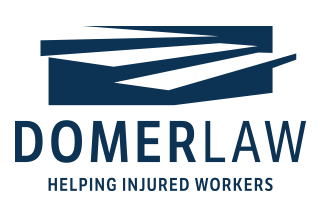Worker misclassification is a scheme that enables employers to avoid paying taxes that fund essential employee safety-net programs such as Social Security, Medicare and unemployment. Misclassification also enables them to avoid payments that fund workers’ compensation benefits.
An advantage for cheaters?
A recent news article says employers who misclassify employees as independent contractors can also avoid paying a portion of their personal income tax. Add it all up and the misclassification scheme gives unscrupulous employers about a 30 percent advantage over businesses that follow the law and pay the taxes they owe.
According to a recent report from the bipartisan Joint Enforcement Task Force on Payroll Fraud and Worker Misclassification, Wisconsin loses $200 million in tax revenue per year due to the misclassification of workers.
The news article also notes that construction industry groups support the task force’s recommendations designed to stop worker misclassification and payroll fraud. The Department of Workforce Development is working on the implementation of the recommendations.
Who are the real victims?
Construction Business Group Executive Director Robb Kahl said, “The real victims [of misclassification] are the workers because they aren’t getting the true benefits from the job they’re performing.”
Kahl said that increasing penalties handed out to employers who misclassify workers – one of the task force’s recommendations – will help deter repeat violations. He said current penalties have “no teeth” and that some construction firms – and other businesses – willingly pay the harmless penalties in order to continue misclassifying employees as contractors.
Misclassification is especially important in the hazardous construction industry, where far too often workers suffer serious injuries incurred in falls from roofs and scaffolding, when they’re struck by heavy machinery or by falling debris, or in the collapses of cranes, buildings or trenches.


